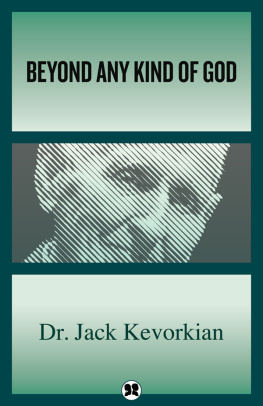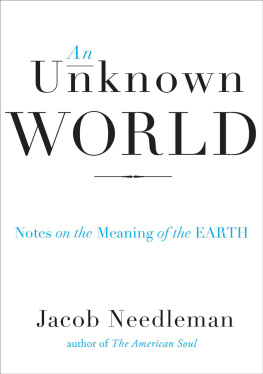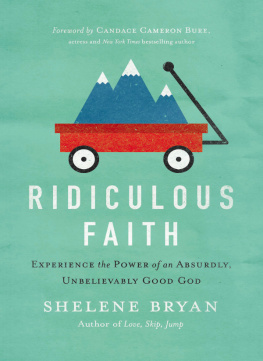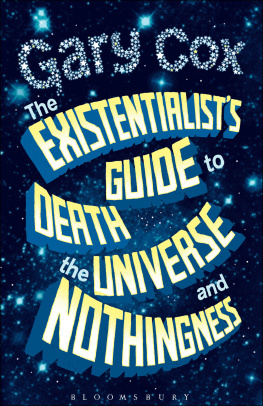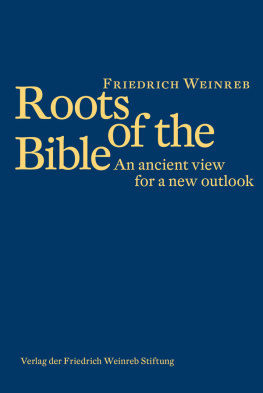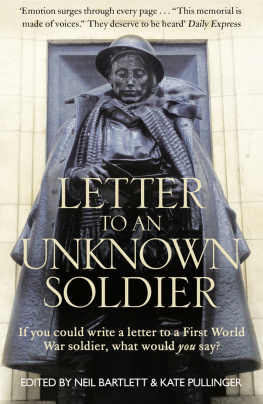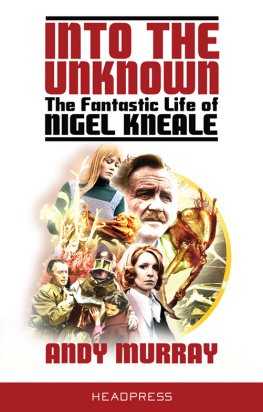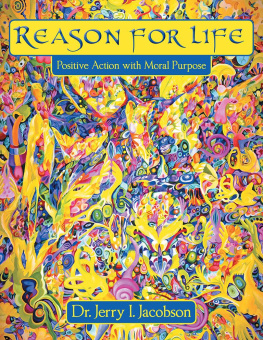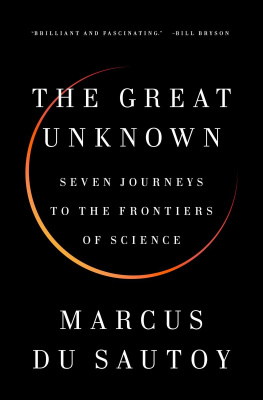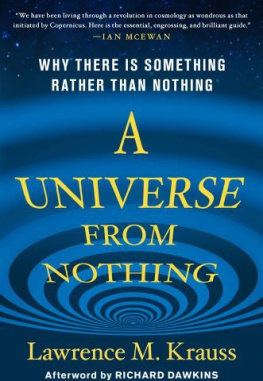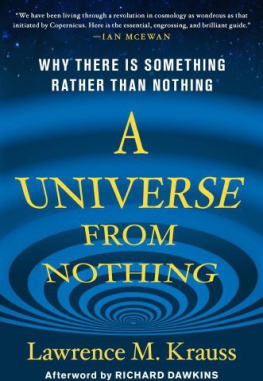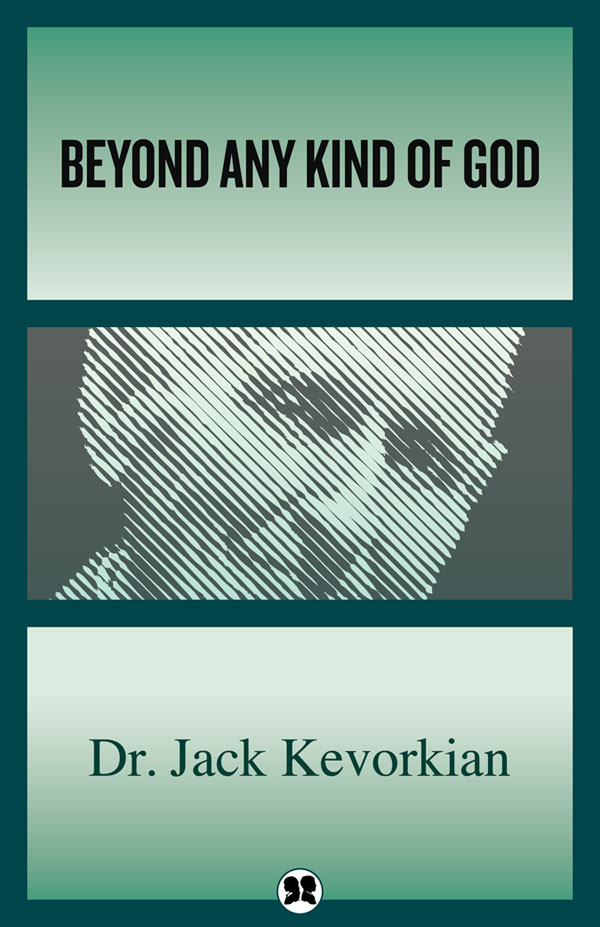I
INTRODUCTION
Mortal man is an inquisitive being. If he thinks at all, he wants to know everything about everything and every thing and even anything he admittedly can know nothing about. Most of us can fit ourselves somewhere into that comical, confused, but true picture. There are things which make each of us wonder and reflect.
Who has not at least once in his lifetime asked himself, What is this thing called life? What does it mean to be? How and why do we live? What is this great and sinister unknown, death? An instant of meditative stargazing may prompt any of these questions. They may arise during a funeral ceremony. Or while lying in bed in the still of the night. Or in the solitude of impending death by sentence, by disease, or by the catastrophic wrath of nature. Almost without exception the provoking mood is a profound one, serious, searching, awesome, humble, even a little frightful. It might better be characterized as holy, the mood of worship and one of the noblest of mans feelings.
Now, some merely face the question momentarily and drop the matter there. Others continue to ask, some considering the questions to be intriguing but insoluble, while the rest contentedly accept prefabricated solutions. One curious group, however, plows ahead with more or less vigor and resolution in contemplating aspects of the problem, mere contemplation being means to some and an end in itself to others. All of these divergent reactions are based on opinion, not on demonstrable fact of everyday experience. Views based on the latter would be identical or congruous to a great degree; and where this basis is lacking, opinion is its own justification.
Thus the view that the Great Questions can and will be solved by active, unbiased inquiry and contemplation is valid (as, also, are the others)perhaps not true, but at least valid. One is not thereby justified in trying to foist the view on mankind as a maxim. Rather, the validity justifies only having the opinion and inquiring into its implications in order to furnish support for it. As is sometimes the case, fruits of inquiry may bolster disdainfully antithetical views and weaken its own position, and in so doing unavoidably alter both. Therein lies the true utility or value of diversity of opinion: as means to a common, irrefutable end which consists of the Great Answers to the Great Questions, the Great Truth of which can be no less universally acclaimed than the most cogent empirical fact.
At the outset it must be borne in mind that this is no scientific treatise. Neither is it intended to be an erudite, organized philosophical work of totally original content. Simply stated, it is mental meandering into the very hazy aspects of those phenomena constituting the basis of human life, a basis, if it be at all, about which no living man knows anything for certain. In order to be meaningful such an endeavor must adhere to the dictates of our accepted principles of reasoning in carrying out as faithfully as possible the so-called scientific method (despite its shortcomings) of objective scrutiny, rational analysis, and unbiased extraction of generalities from which logical hypotheses may be synthesized for the purpose of guiding further mental experimentation. Of course, the tool to be used is the mind (in the popular sense) which is essentially as unknown to us in site, quality, and power as are those conceptual aspects of life arbitrarily labeled as constituting it, such as thought, perception, and natural laws.
The only limits legitimately applicable to the function of the mind are those which are recognized to actually operate: natural intrinsic limits of reflective or perceptive capacity. These have never been defined, never been experienced, are probably not absolute and always supersede those imposed by experience. So long as there is semblance of logic in the steps taken and in the conclusions drawn, one should disregard the credibility of results and reject the invocation of arbitrary, man-made, experiential restraints represented by absurdity and impossibility (concepts to be discussed later) in establishing standards of judgment. There will be no purely transcendental a priori assumptions. Fundamental synthetic arguments will be few and derived solely from observation and analysis of empirical life as we know it. As the discussion proceeds into the abstract, examples of such aspects of everyday life will be used to help clarify, illustrate, and support recondite points.
The purpose of this work is obviously very broad and ambitious. Any effort aimed at trying to peer into the Great Unknown, the forbidding realm of transcendentalism (if it exists), is bound to be fraught with absurdities and improbabilities, to be fantastic here and there, to be ridiculous as a whole. It could be all that, and more, if it were offered as more than an attempt to merely exemplify what the basic concepts may or possibly could entail, and to develop a philosophic view as timeless, as fundamentally unchangeable as the universe with which it deals.
As a logical beginning a close look at existence would seem to be in order, followed by life which cannot be independent of it and with which it is really inextricably alloyed. As it ends things for us on earth, so too will death end this discourse. The knell will be not so much a dirge as it will be a harmonious synthesis of a grand unitythe undissectable fusion of death, life, and existence into an inscrutable scheme which might be cogent and imposing enough to cause one to look beyond his idols and icons for the essence of his being and his non-being.
II
EXISTENCE
We are dealing primarily with philosophy, which is an abstraction of the mind. Its tools are composed of knowledge and logic. As in the performance of any task, the first step is to pick the right tools and to sharpen them. Thus, we are obliged to exercise great care in deciding which facts are pertinent, and why they are, and to make sure that they represent sound and convincing knowledge. Only then could derivations have the necessary validity.
Degree of certainty of knowledge is one of the most fundamental aspects of validity. Empirically we are more sure of some things than of others, that is, all facts in our funds of knowledge are not of equal certainty. For example, the average American knows the daily life of the average Canadian more certainly than that of the Australian aborigines. Examples are endless. But what do we as mortal beings know most certainly? It is an old philosophic claim that I know most certainly that I am, and most, if not all, thinking humans will agree with that claim unconditionally. It is the fact that I am which makes possible all other, less certain knowledge. Although the essence or underlying reality of such being is now unknown, I make this one assumption: that my individual being is the basic plane of reference to which all other things are relative; and it, therefore, must be the practical absoluteor more absolute than that taken in reference to it.
Now is this one fact absolutely certain? Is it the ultimate certainty in the transcendental sense as cogently as it is in the human sense? Hardly likely, for by maintaining that I am is the absolute certainty I could harbor no uncertainties within my being. On the other hand, I freely admit, among other frequent uncertainties, that Im not too sure about what life and death really are. Since I must choose one of the contradictory views, I decide on that of uncertainty which corresponds with my inner feelings and overall affect, thereby renouncing any claim to knowledge of absolute certainty. We have agreed, however, that it is most certain that I am, that I experience an awareness of being; and therefore any other knowledge can only be either equally certain (at most) or relatively less certain in degree.

